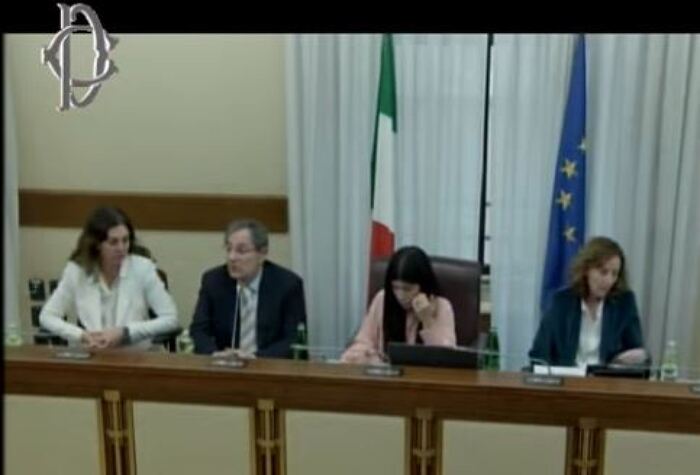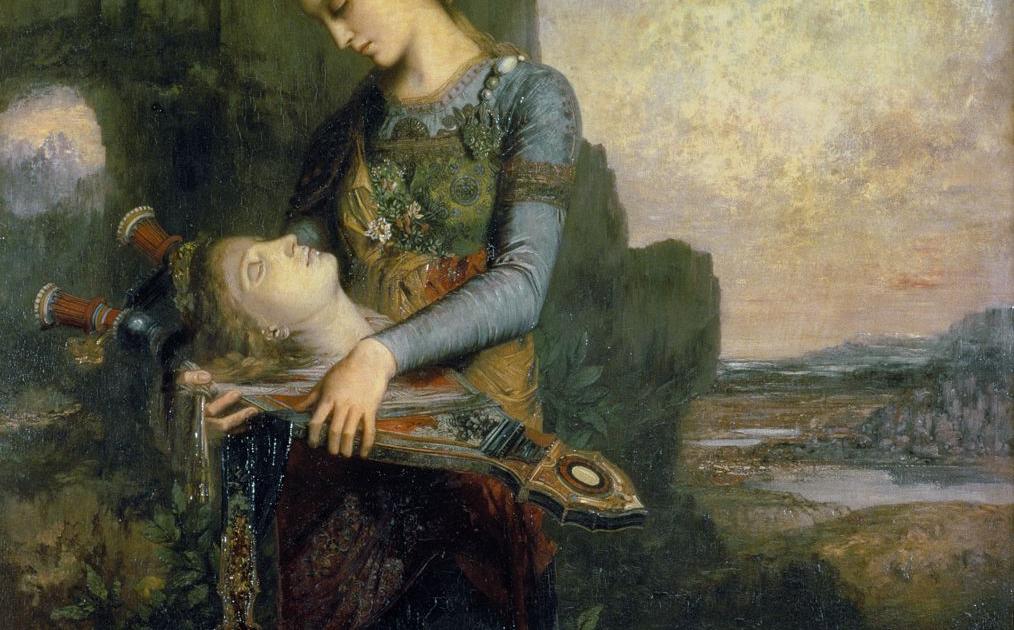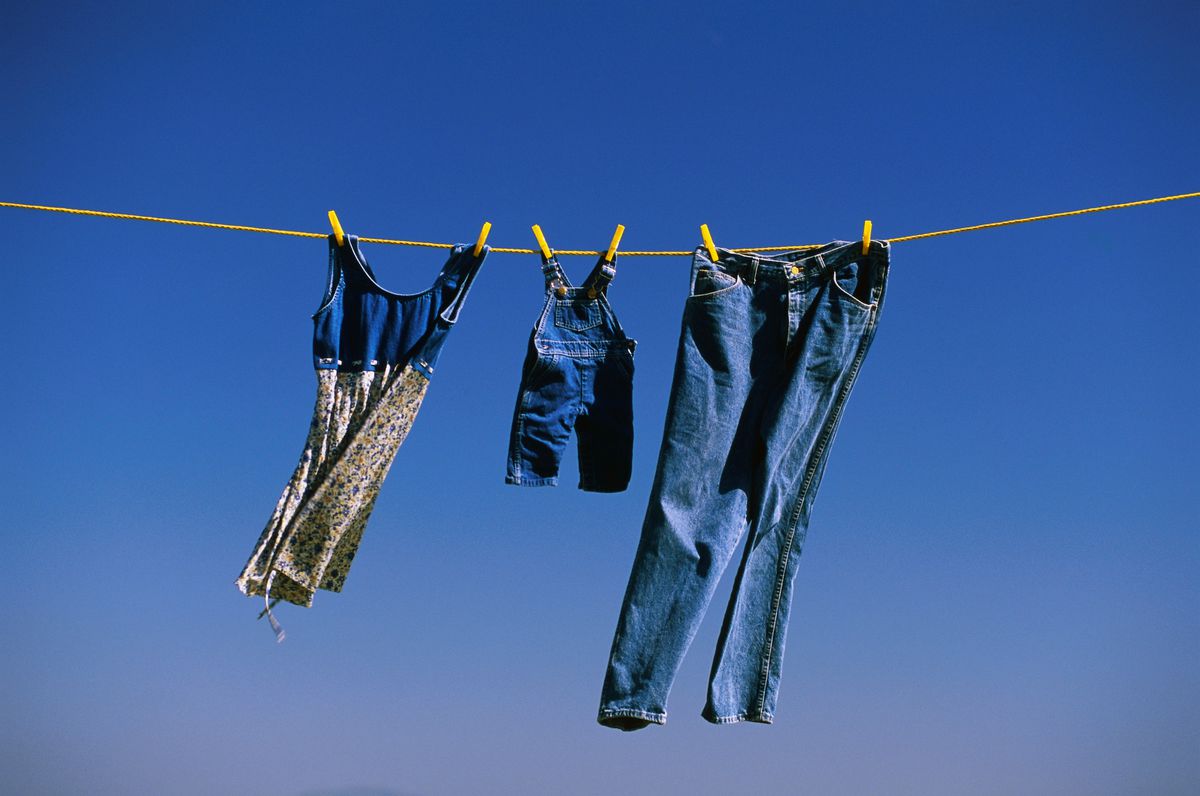It was not unexpected news.
On the contrary, the entire country had been turned into a disturbing waiting room for almost two years.
His illness had been a carefully administered enigma, the new national soap opera.
A soap opera for daily installments loaded with sentimental shocks, full of rumors, gossip and speculation, always advancing between false suspenses and provisional hopes.
Chávez, even in his death throes, remained a spectacle.
When Nicolás Maduro appeared on television with a somber expression and surrounded by soldiers, no announcement could be a first.
The then vice president of the republic, much thinner and dressed in civilian clothes, confirmed in a broken voice that the cancer had finally won.
A strange spell settled in the country.
There was a lot of pain among his followers.
The rest of the population maintained an attentive respect.
Also, of course, there were those who secretly celebrated.
But, in general, a particular feeling of common orphanhood prevailed.
Chávez had managed to get the majority of Venezuelans emotionally attached to him.
For or against and at very different levels, but that bond was undeniable.
And the absence of him produced enormous anxiety.
As if suddenly a fear had kidnapped us,
The funeral was tremendous.
Chávez had taken political advantage of his illness, building a religion and sacralizing his image.
Publicly, in a radio and television broadcast, he had even spoken directly to God, offering himself as a sacrifice for the people.
An immense cult industry announced that the image of the "Eternal Commander" would be projected unbeatable to infinity.
A decade later, however, quotation marks and capitalization have faded.
The so-called Chavismo without Chávez is no longer even called that.
The liturgy does not exist.
Of course today there will be various celebrations.
The party machinery—the state and its institutions—will organize an official ceremony, a devout ritual with popular and military participation.
Bolivarian rhetoric will awaken briefly and, for a few moments, the old language of 21st century socialism will float in the air.
Today will be a revolutionary day.
But tomorrow the country will return to its reality, to a history where the name and image of Chávez is less and less present.
It is not a betrayal of his project.
His work is still intact.
And the country continues sunk in the consequences of his model.
But now symbolically the figure of him has become expendable.
Without quotation marks.
No capital letters: the eternal commander is ephemeral.
in
america
, an essential book to look at and think about our continent today, Martín Caparrós maintains that novelty is our founding and permanent myth.
We always feel before the possibility of creating the new world.
With enormous communication talent and taking advantage of the suicidal blindness of the economic and political elites of the time, Hugo Chávez built a story as simple as it was effective: he was the incarnation of the poor people, their representation, in the face of the violence of the powerful.
This story—called Revolution—was nothing new.
But it sounded new to us.
And it was a monumental failure, a mirage sustained by the high price of oil and Chávez's capacity as a showman.
The subsequent balance, however, is chilling: a destroyed country, without institutions and without politics, with enormous inequality,
controlled by a new elite that keeps the vast majority in poverty and with a migrant population of more than 7 million people.
The original flags of Chavismo are now shocking: close to a million million dollars devoured by corruption and a trial for crimes against humanity in international courts for savage repression, torture and extrajudicial executions against the civilian population. .
The violence of the powerful.
The revolution stuck in a mirror even more perverse than everything he denounced, everything he said he would fight.
close to a million dollars devoured by corruption and a trial for crimes against humanity in international courts for savage repression, torture and extrajudicial executions against the civilian population.
The violence of the powerful.
The revolution stuck in a mirror even more perverse than everything he denounced, everything he said he would fight.
close to a million dollars devoured by corruption and a trial for crimes against humanity in international courts for savage repression, torture and extrajudicial executions against the civilian population.
The violence of the powerful.
The revolution stuck in a mirror even more perverse than everything he denounced, everything he said he would fight.
A few weeks ago, in an interview with journalist Vladimir Villegas, Francisco Arias Cárdenas, Chávez's partner in the 1992 coup attempt and current Venezuelan ambassador to Mexico, confessed a particular fear: a memory from his childhood, from when after the With the fall of the Pérez Jiménez dictatorship, citizens began to point out and persecute, with the intention of lynching, all those who had probably collaborated as “henchmen” during the tyranny.
In his fight against the other political heirs, Nicolás Maduro has ended up triumphant, controls the corporation and imposes his figure as a fundamental and permanent leader.
Along this path, Chávez has become less and less an icon and more a reference, a footnote quote.
But Maduro does not have the charisma capable of sustaining the festival of tragic inconsistencies that make up the revolution today: the fierce rhetoric about sanctions in a country where "bodegones" (stores that sell exclusive imported products) are multiplying or where they are opening a Ferrari car agency;
the alleged image of a “Worker President”, while workers' marches demanding better wages are repressed and union leaders are arrested and imprisoned with impunity;
the discourse of the left in a dollarized economy that shamelessly promotes and exhibits an increasingly unfair and unequal society;
the invocation of true democracy while implementing a system of constant persecution of independent journalism and any type of popular and civil organization... In the midst of this shipwreck, seeking to emulate Chávez's media success, the president's advisers have devised a curious project communication: Super Mustache.
It is an attempt to popularize Maduro as a superhero who can appear anywhere and face and overcome the problems of reality with people.
However, the only difference between the animated doll and the real character is fatness and a cape.
The cartoon betrays the logic of the superhero narrative.
Ten years after his death, Nicolás Maduro and his government invest more effort and money in the heroic promotion of Alex Saab than Hugo Chávez.
Alex Saab is not Venezuelan.
He does not have a political career.
He is just a businessman, linked to the private businesses of the madurismo and arrested in the United States for money laundering.
This case perfectly emblematizes where and how the commander's legacy now stands.
Chávez is a myth that continues to die.
Let no one be surprised if in the not too distant future the mountain barracks —the sanctuary where his remains rest— dawns one day turned into a tavern.
Subscribe to continue reading
Read without limits
Keep reading
I'm already a subscriber








/cloudfront-eu-central-1.images.arcpublishing.com/prisa/72P5ZYTEFHLNFRHZVR6CRUERCU.jpg)
